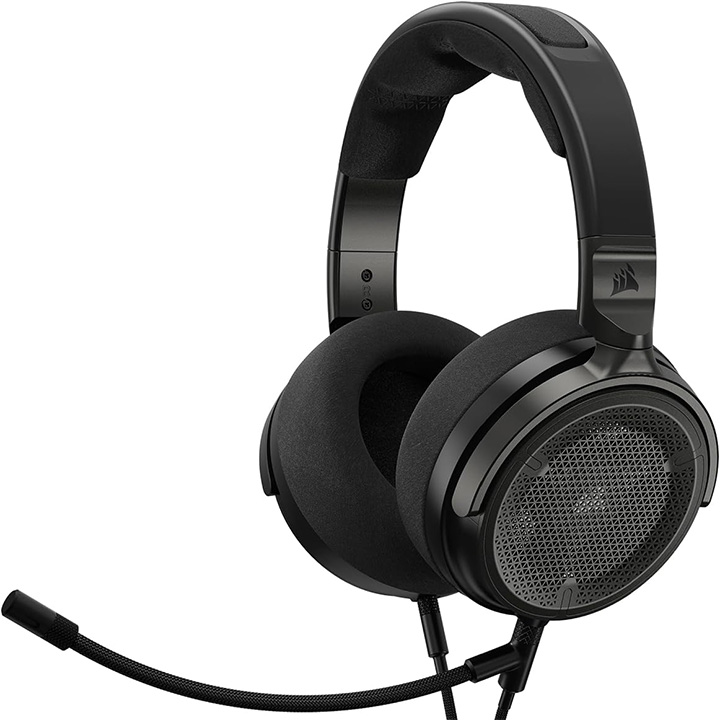Corsair knows what it’s doing when it comes to gaming headsets, and the brand has plenty of great offerings in this category. The HS80 Max I reviewed recently has a comfortable design, standout battery life, and Bluetooth connectivity, and it is a great choice if you need a gaming headset with all the extras.
But the Virtuoso series showcases the best that Corsair has to offer, and its latest product is unique, to say the least.
The three products released thus far — the Virtuoso RGB, Virtuoso RGB SE, and the Virtuoso RGB XT — have the same sort of design and feature-set, offering 2.4GHz connectivity, virtual surround sound, and plenty of gaming-focused additions. The Virtuoso Pro doesn’t include any of that — they’re an open-back headset that connects via a 3.5mm jack, and they have a distinct design that doesn’t quite line up with the rest of the offerings in Corsair’s portfolio.
The inherent nature of the open-back design means there’s plenty of sound leakage, and the lack of wireless connectivity means they’re not as easy to use. So, what do you actually get here? The Virtuoso Pro is designed to deliver the best possible sound in this segment and does just that.
This review was made possible with a review unit provided by Corsair. The company did not see the contents of the review before publishing.
Corsair Virtuoso Pro: Pricing and availability
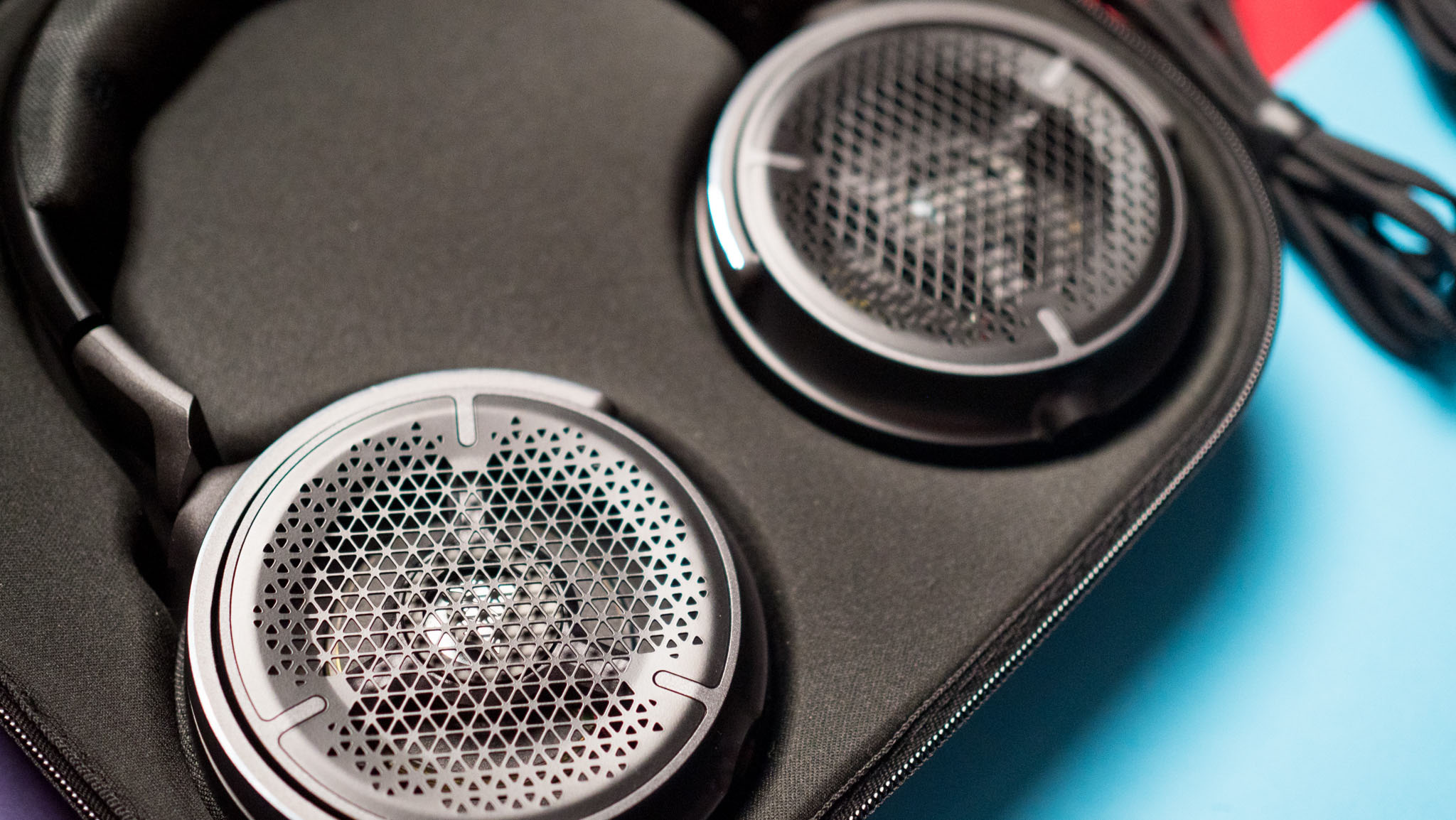
Corsair unveiled the Virtuoso Pro on September 19, 2023, and the gaming headphones are now available globally. They retail for $199 straight from Corsair and cost the same on Amazon. They’re available for £169 in the U.K. and sold at all major outlets. In other parts of Europe, they cost €199. Corsair has a huge global presence, and the Virtuoso Pro is available for the equivalent of $249 in most Southeast Asian markets.
Corsair Virtuoso Pro: Design and comfort
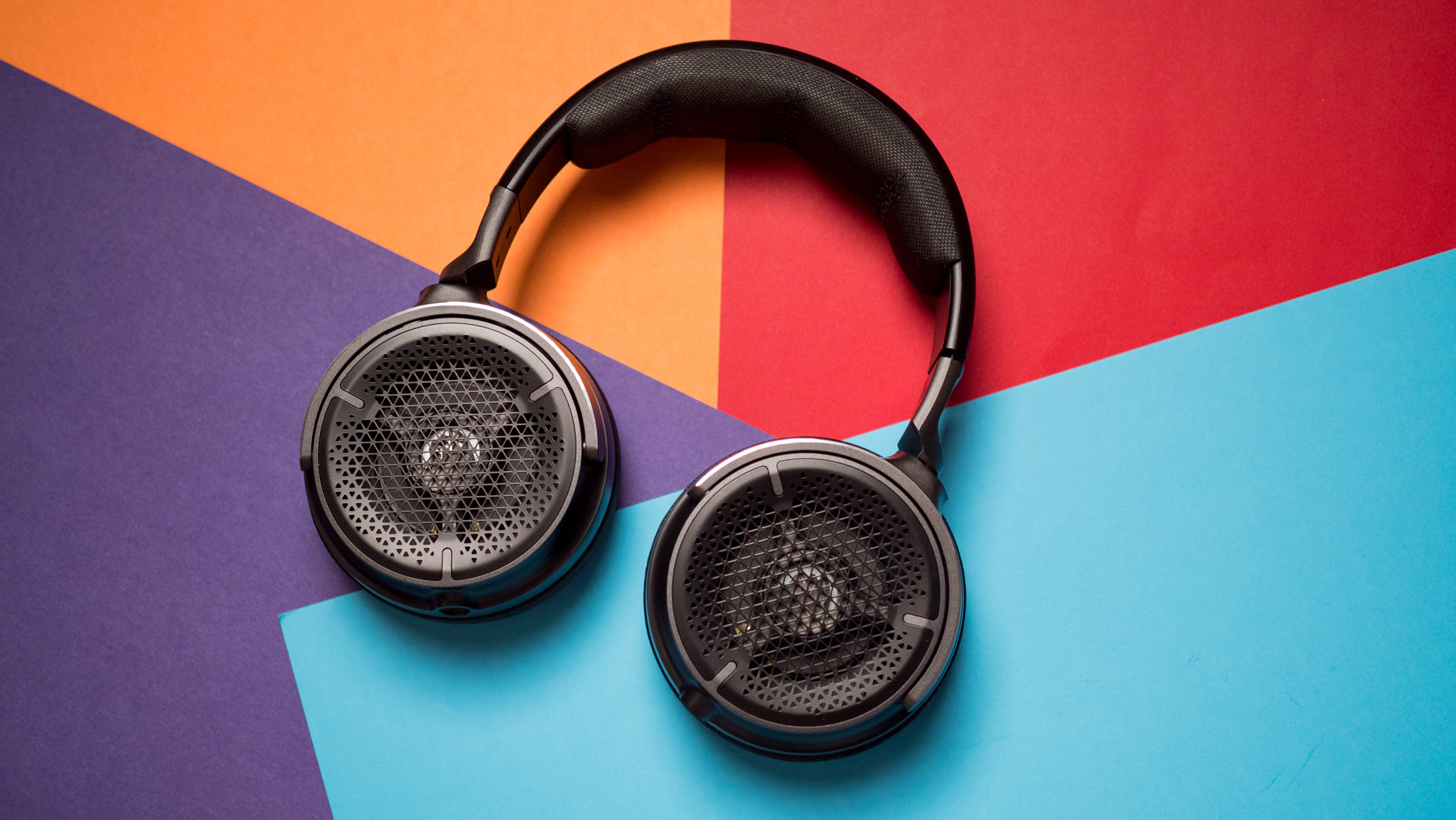
Corsair has a distinct design aesthetic when it comes to its gaming headsets, and the Virtuoso Pro deviate from that quite considerably. They have more similarities with enthusiast audio gear — like the Focal Elex I reviewed — than traditional gaming headsets, and that is a nice change of pace.
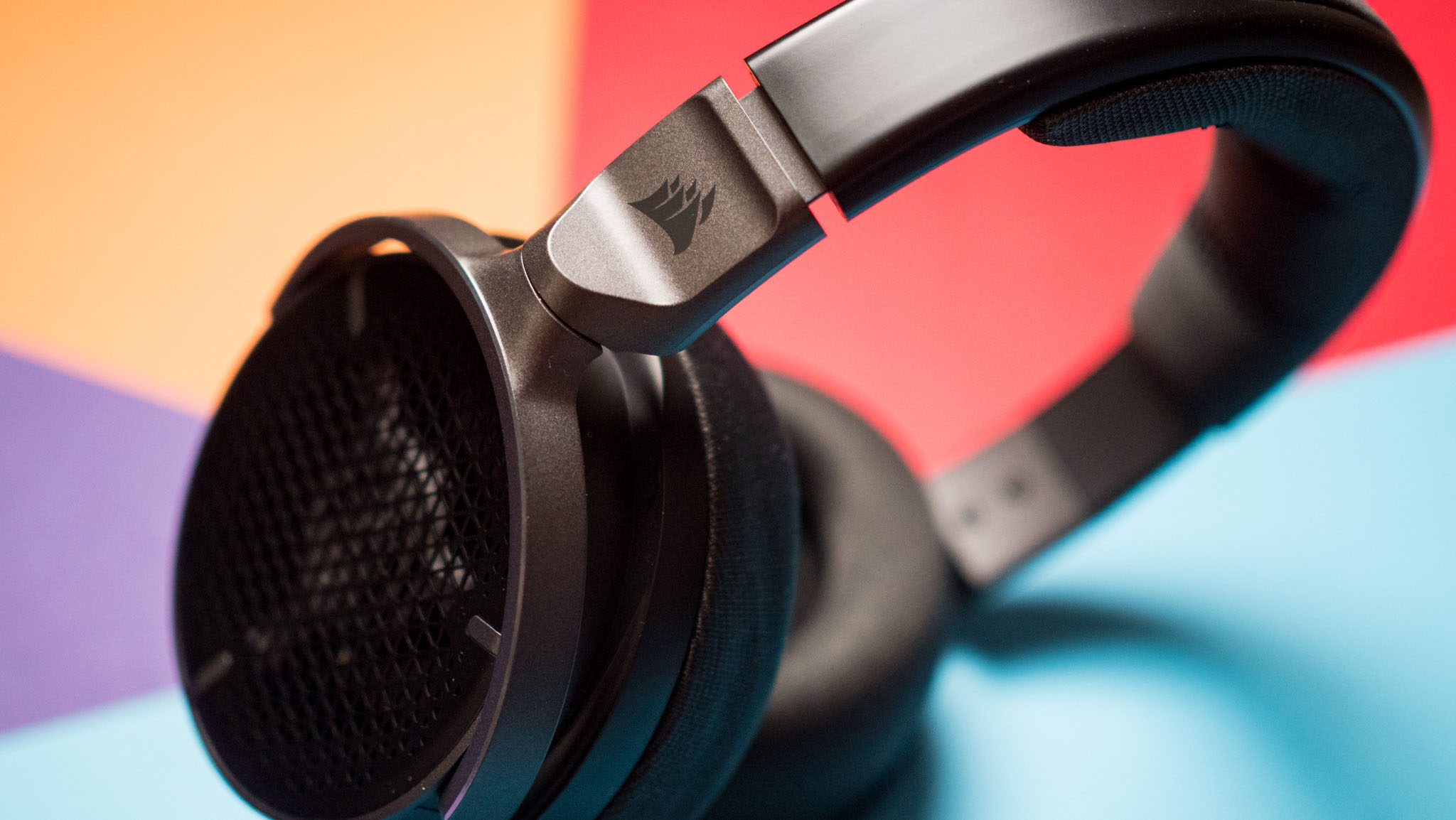
As such, the Virtuoso Pro doesn’t have all the usual accouterments; you instead get a minimalist design that looks fabulous, and they have excellent build quality. The earcups are made out of plastic — as is the headband — but the yokes that allow the earcups to swivel are fashioned out of aluminum, and the underlying frame is also made out of the same material. That gives the Virtuoso Pro good structural rigidity while making them lighter, and after three months of use, I don’t see any noticeable wear.
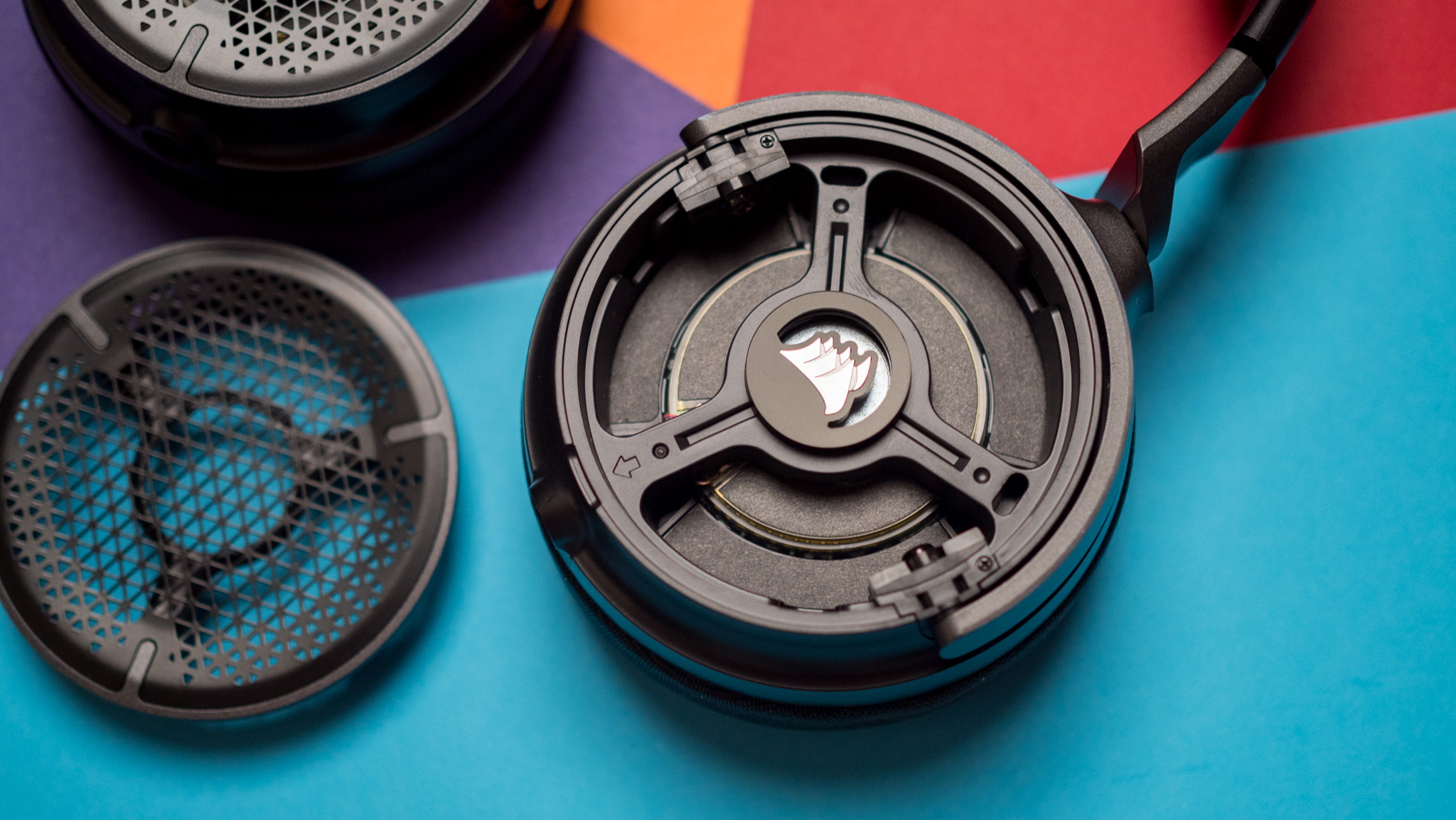
The earcups swivel and fold fully flat, and the perforated grille gives you a good look at the drivers contained within. The headband has a good amount of adjustability, and at 338g, the Virtuoso Pro are light enough that they don’t cause any fatigue even after extended gaming sessions. The underside of the headband is padded, and it does a good job of distributing the weight of the headset evenly.
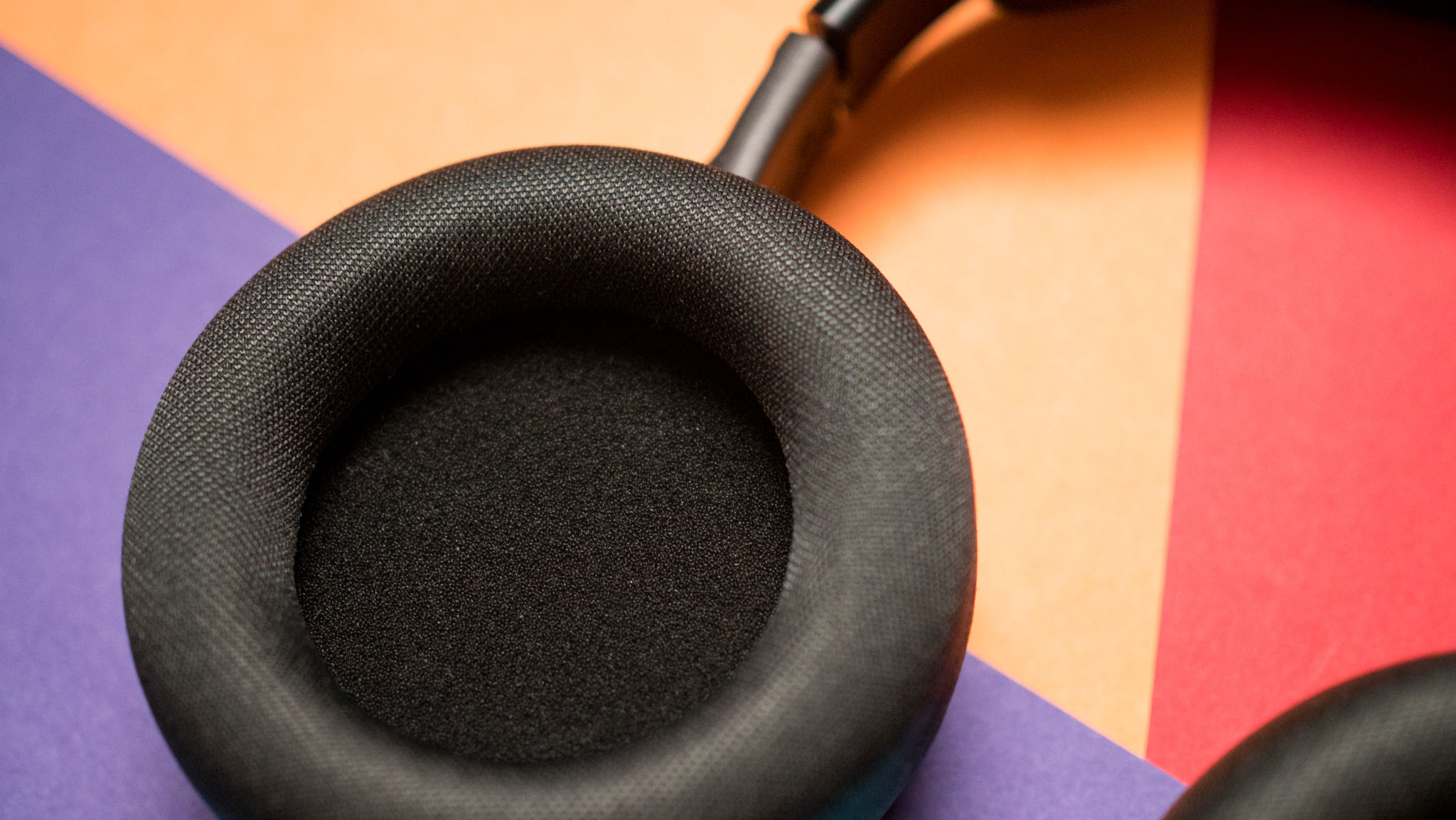
The clamping force is a bit high when viewed against other gaming headsets, but it isn’t as strong as the Sennheiser HD6XX. The lightweight design makes all the difference in this area, and the memory foam ear pads are very comfortable. What’s particularly great is that you can switch out the ear pads and headband cushion with relative ease, and this prolongs the headset’s longevity considerably.
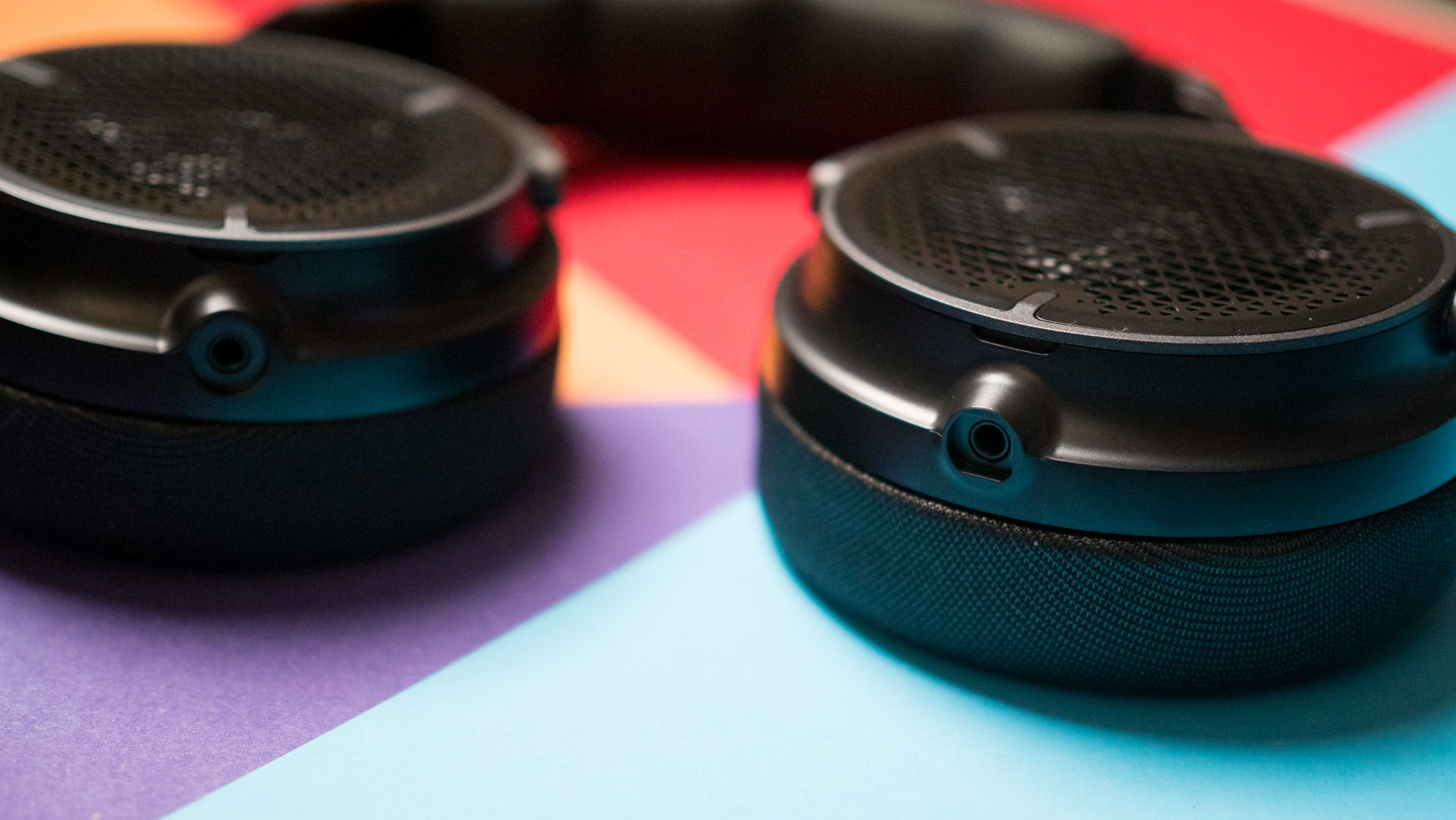
The Virtuoso Pro connect via 3.5mm jacks located at the bottom of each earcup, and Corsair has two cables in the box: a standard braided cable that ends in a 3.5mm out, and a cable that has a built-in mic that also has a 3.5mm out. You get a Y-splitter as well, and both bundled cables are of a high quality.
Considering the positioning of the headset, I would have liked a cable with a balanced 4.4mm connector in the package, but that is an optional accessory. That said, Corsair bundles the Virtuoso Pro in a hard shell case that’s easily portable.
Corsair Virtuoso Pro: Sound quality
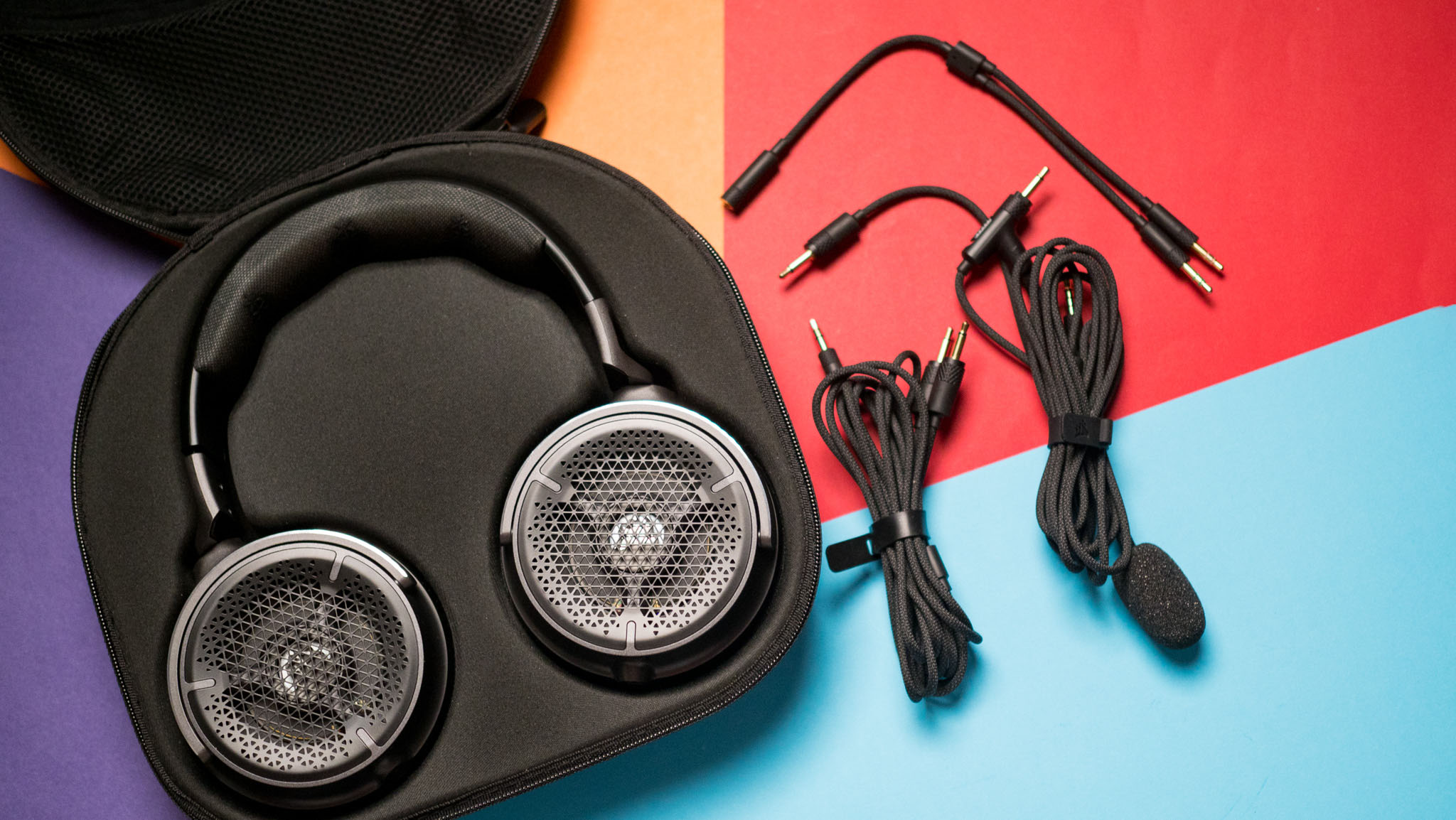
With an impedance of 32Ω at 1kHz and sensitivity of 117dB, the Virtuoso Pro are effortless to drive, and you don’t need a dedicated DAC to get the most out of the headset. I was able to drive the headset via the built-in DAC on my motherboard, but having a good source like the Fiio K7 definitely makes a difference, as it unlocks the full potential of the sound.
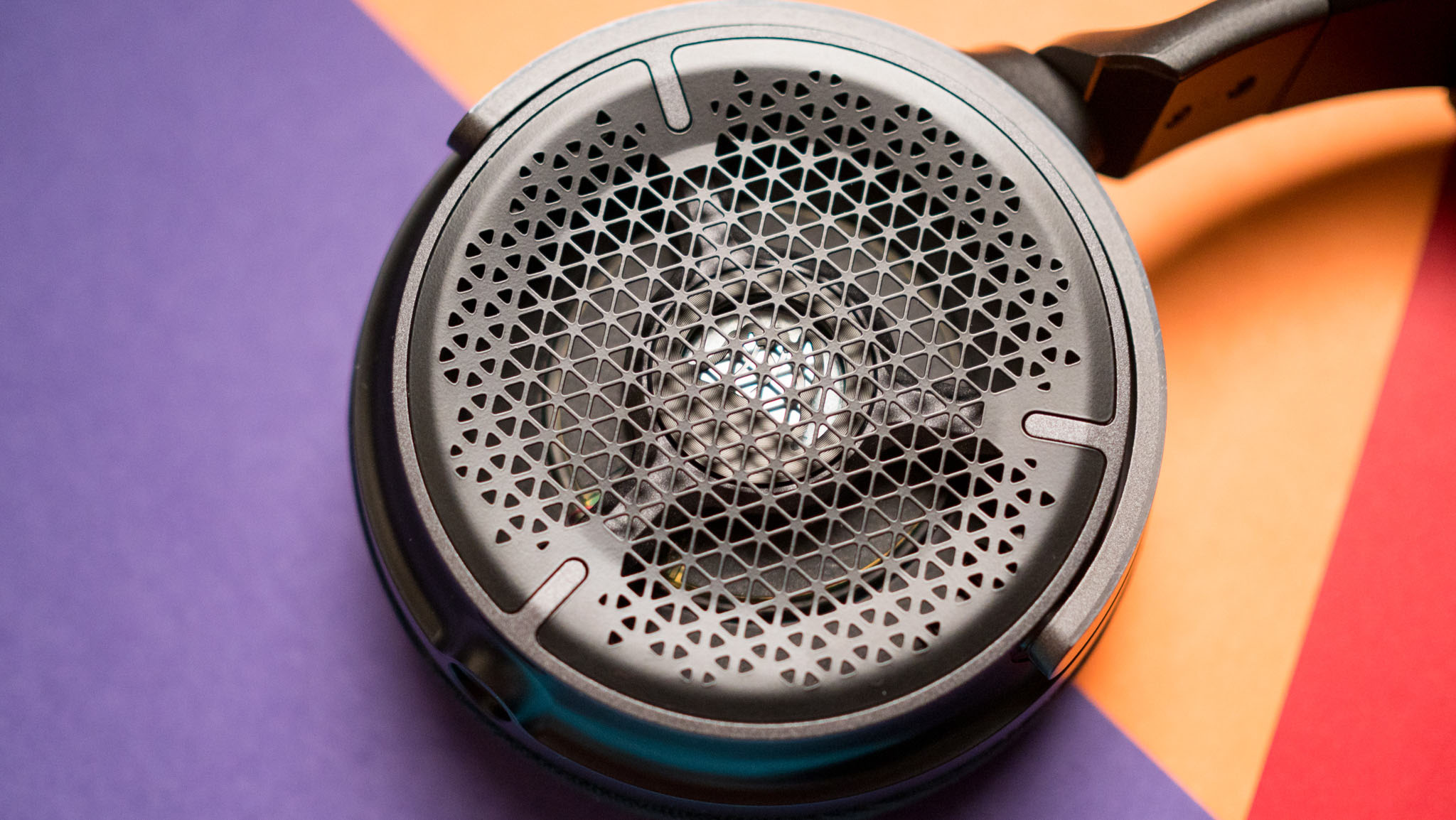
You get 50mm drivers, and while that’s standard across most gaming headsets, the drivers are of a much higher quality on the Virtuoso Pro, and they’re tuned well. The sound quality is the biggest differentiator of the Virtuoso Pro, and they’re in a different league altogether from most gaming headsets.
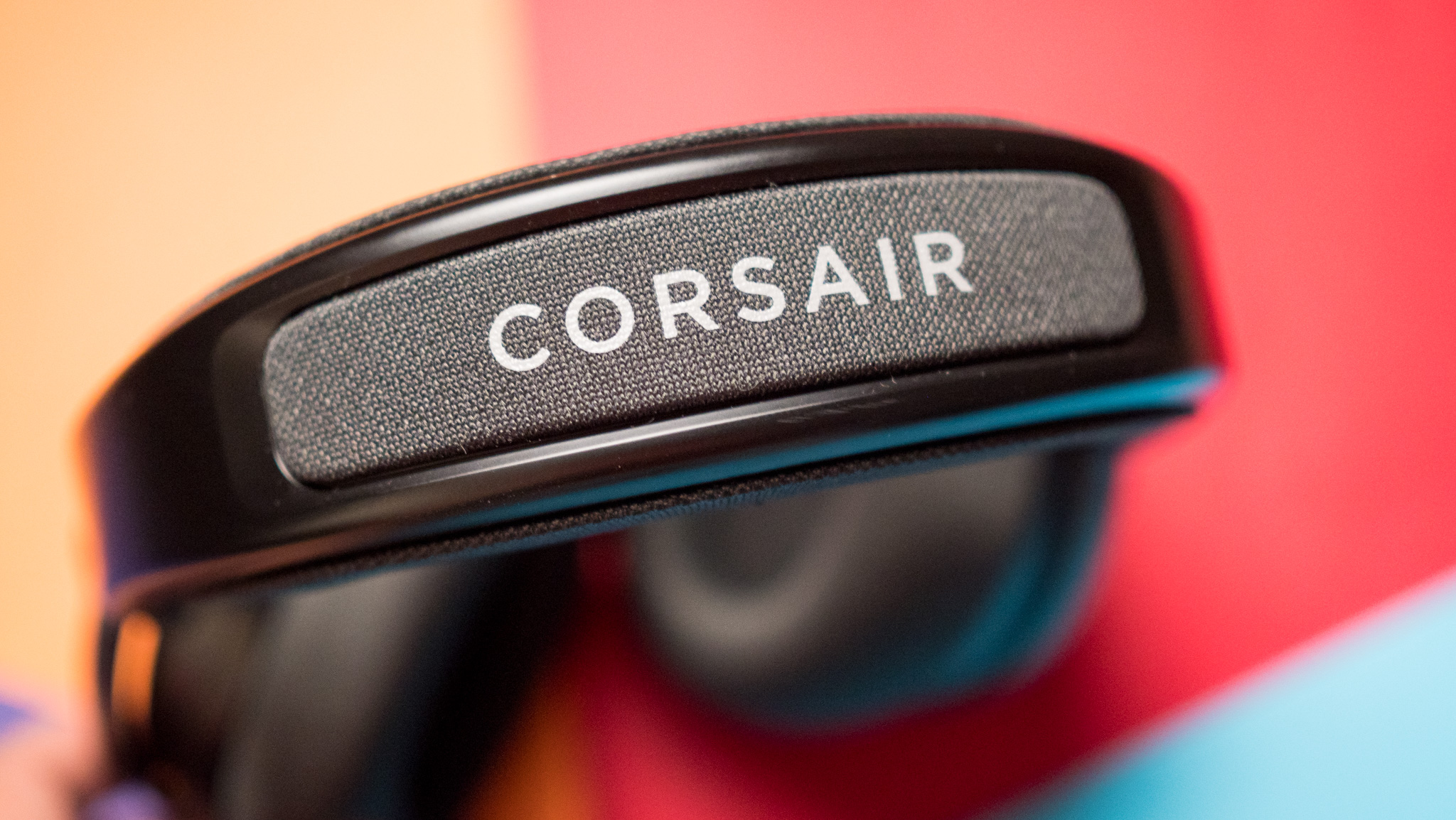
Of course, some of this is attributable to the open-back nature of the headset; you get a wider soundstage that makes gaming and listening to music much more immersive, and the Virtuoso Pro have a neutral presentation that works across a wide variety of scenarios.
There is a noticeable exuberance with the low-end, with exciting rumble and definition in the mid-bass that is definitely noticeable in fast-paced titles. The bass doesn’t dominate the rest of the frequency range, and the added energy makes listening to music that much more enjoyable. The mid-range is natural and detailed, and vocals come through with plenty of clarity. They’re not necessarily at the front of the mix, but there is good timbre and range here, and that makes a difference in most games.

The treble has good extension, but there is some sibilance at times, and this is evident in gaming as well as casual music listening. It isn’t so bright that it affects the overall sound characteristic, and most of the time, the added range gives you a sense of airiness that you just don’t get in other gaming headsets.
As for the mic, it is decent enough in its own right, but it just isn’t on the same level as what you get on the likes of the Virtuoso RGB XT or even the HS80 Max. A budget standalone mic is going to sound much better, and if you want a built-in mic that sounds great, you should really get a regular gaming headset.
Corsair Virtuoso Pro: The competition
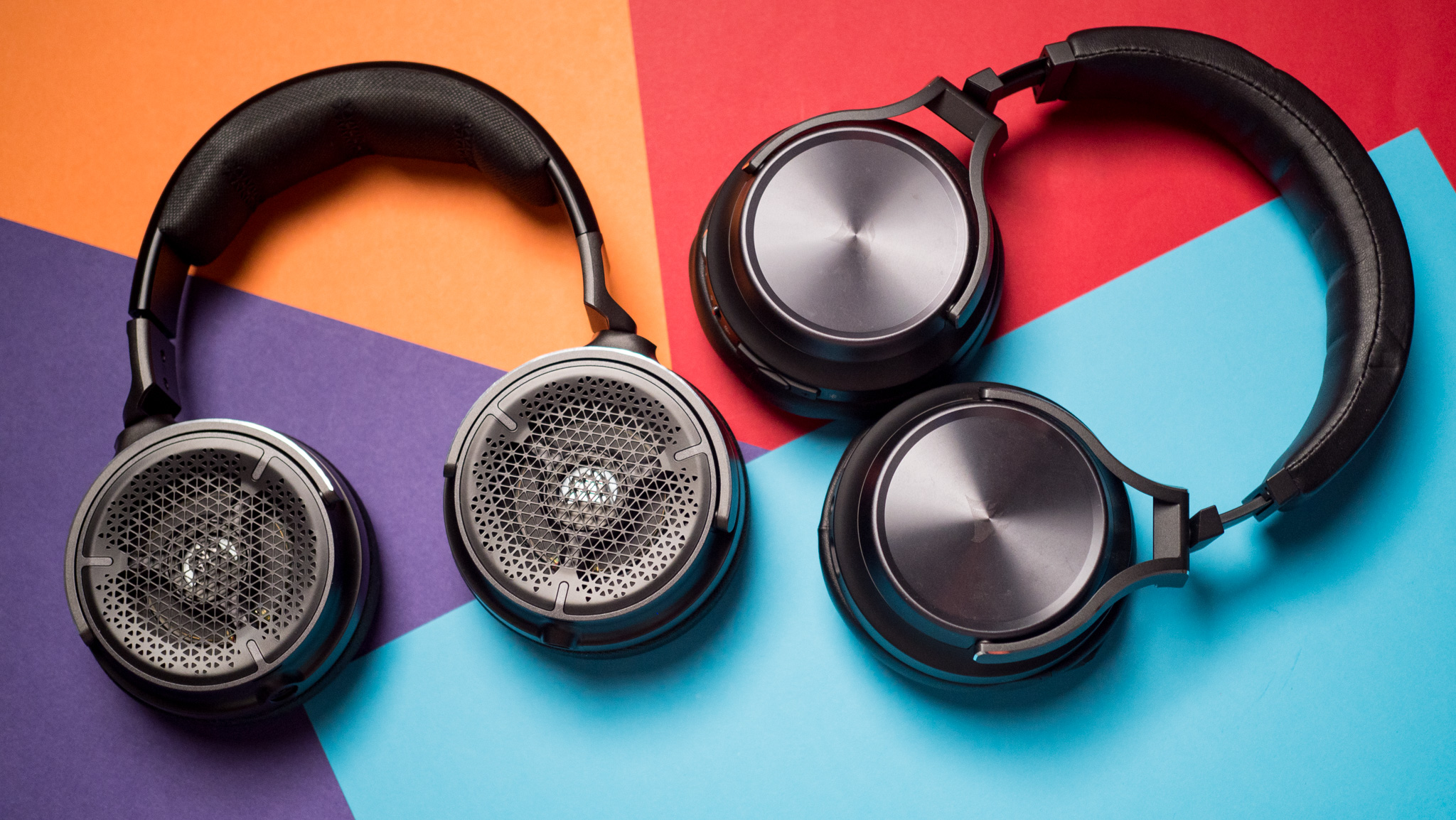
The Virtuoso Pro are unique in that they don’t have many similarities to most gaming headsets. The open-back design and custom tuning mean they deliver a sound that’s much more detailed and engaging than any other gaming headset in this category, and as I said above, they’re similar to enthusiast products in this regard. As such, the best alternative to the headset is the Sennheiser HD6XX. The HD6XX continue to be a standout option, and they combine a terrific sound with a rugged design that’s built to last.
If you want something with a bit more style and a closed-back design that doesn’t leak sound, I highly recommend the Meze 99 Classics. They have a distinct design that stands out, the sound quality is exquisite, and they’re light and easy to drive. They are costlier at $309, but that’s a relative bargain when you consider the caliber of sound on offer.
Corsair Virtuoso Pro: Should you buy it?
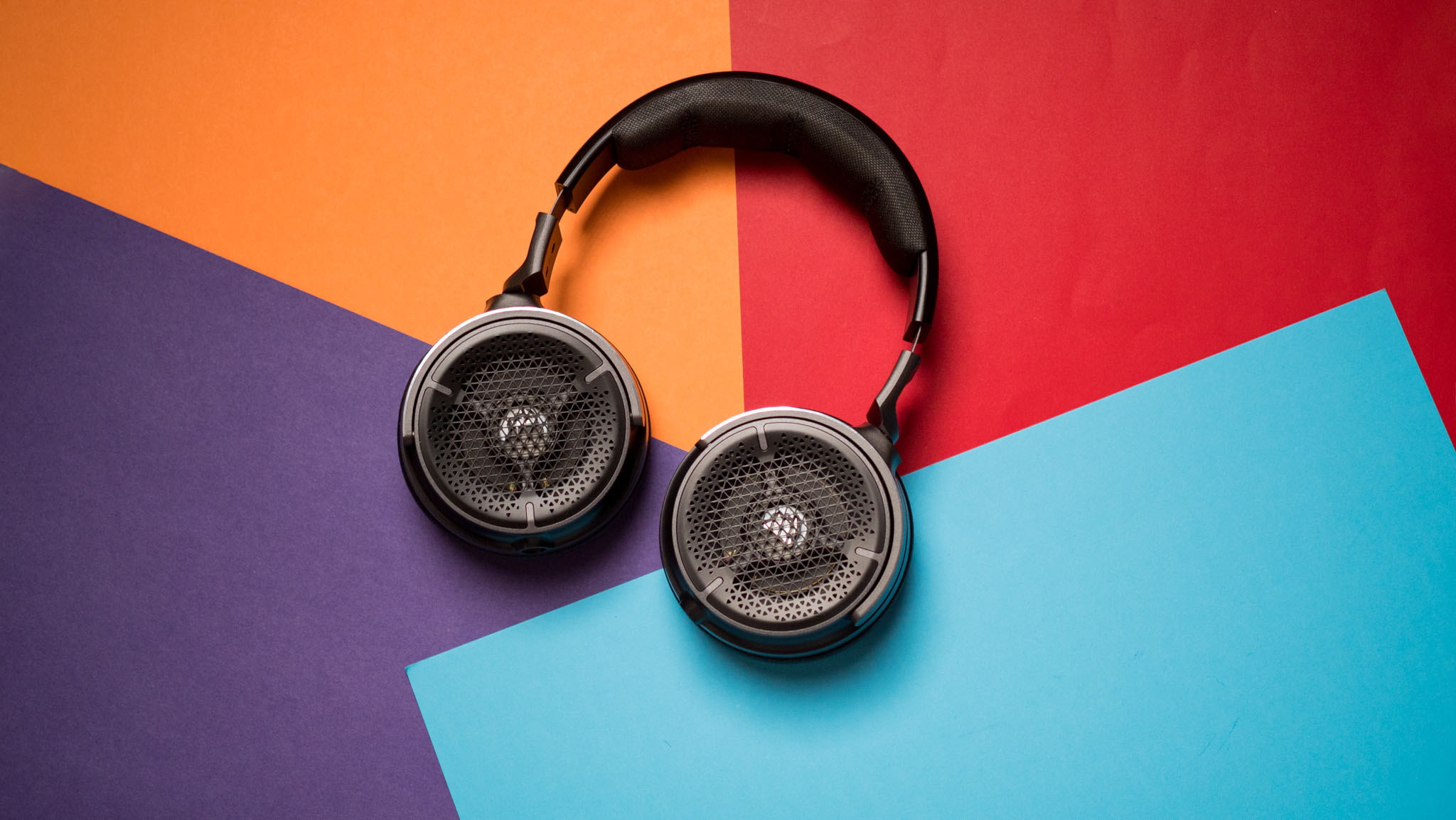
You should buy this if:
✅ You want a comfortable gaming headset.
✅ You need the best sound quality.
✅ You want a headset that’s built to last.
You shouldn’t buy this if:
❌ You want Bluetooth connectivity.
❌ You need onboard controls.
The Virtuoso Pro are designed to do one thing: deliver the best sound of any $200 gaming headset. Corsair has managed to achieve that, and there really isn’t another gaming headset that sounds as vibrant and engaging as the Virtuoso Pro. So, if you want the best possible sound quality, you’ll love what you’re getting here.
However, you don’t get any of the extras that are a mainstay on the best gaming headsets for Xbox and PC. There’s no Bluetooth or wireless connectivity, no onboard controls, and the inherent nature of the Virtuoso Pro means you get a lot of sound leakage. If you’re okay with the lack of those features and just want a gaming headset that’s durable and sounds great, the Virtuoso Pro are an easy recommendation.


